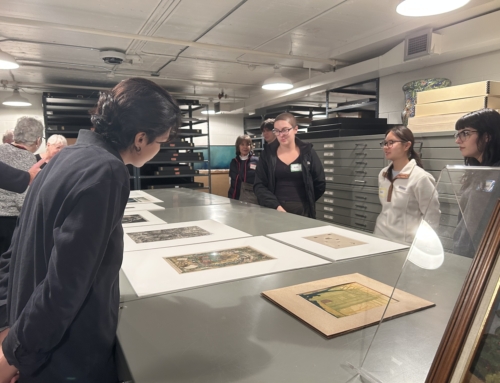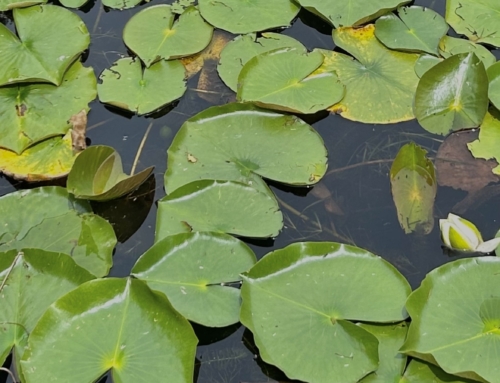How to Cultivate Well-being in Your Life:
5 Components to Thriving
Positive psychology investigates the science of what makes life worth living. Now, everyone likely knows someone who says that beyond physical health, they “just want to be happy”. But research has found that pursuing happiness for its sake alone, can actually make you unhappy. This is because happiness is only 40 percent under our control, while 50 percent is determined by our genetic predisposition. Another 10 percent is affected by circumstance.
When our level of happiness does shift due to circumstance, it tends to go back to our personal set-point. This isn’t really surprising when you think of it. Some people are generally happy under most circumstances; while other people report feeling less happy, no matter what their situation. A happy life is an easy life, one in which we feel good most of the time and experience little stress or worry. But that’s not real life.
Instead, we need to cultivate what is scientifically referred to as “flourishing” . Flourishing is the key to thriving.
Flourishing is a state where people experience positive emotions, as well as positive psychological and social functioning, much of the time. Everyone has the potential to flourish – even people with chronic conditions and those experiencing stressful circumstance. It’s not a steady state – it’s something you have to work towards – it takes effort and action. So what contributes to flourishing?
The Components of Flourishing
Psychologist Martin Seligman, the founder of the positive psychology field, has developed the acronym PERMA to describe the 5 components that support flourishing.
Positive Emotion
Pursuing activities that generate feelings of joy, peace, love and yes, happiness. This can include spending time with loved ones, playing with your pet, exercising, practicing gratitude, etc.
Engagement
Pursing activities that you enjoy so much that you tend to lose track of time. This can include gardening, knitting, baking, listening to music, tai chi, playing chess, hiking in nature. When we use our personal strengths in moderately challenging tasks that we set for ourselves, we can experience a sense of “flow”. People who use their strengths in this way report positive emotions and greater vitality. This contributes to well-being.
Relationships
Cultivating personal relationships with family, friends, neighbours and colleagues supports flourishing. People who have positive connections with others benefit from a sense of belonging. Deep relationships can also provide social support. People who have social connections tend to have better physical and mental health, and report more positive experiences with aging.
Meaning
Contributing to something greater than ourselves give us a sense of purpose; and this makes us feel that our life matters. People who feel they have a sense of purpose live on average 7 years longer. Your purpose can be expressed through activities you pursue that are aligned with your core values and what you care deeply about, that contributes to the welfare of others.
Accomplishment
is a state of mind that arises when we feel that we have achieved our goals or mastered something we set out to do. Many different types of activities can generate feelings of achievement. It’s a personal thing and it’s important to not compare yourself to others.
It’s important to recognize that the components of PERMA are not mutually exclusive. Pursuing your chosen activities and efforts can generate benefits in multiple dimensions which contribute to flourishing. For example, pursuing your purpose through volunteering can increase your social network. And you can also experience a sense of accomplishment.
People can take steps to flourish throughout the adult lifespan. It’s a matter of information, intention and effort.
Please visit the following links for more information:
https://fourminutebooks.com/flourish-summary/
https://www.youtube.com/watch?v=OWavCPydQ5k
https://www.ted.com/talks/martin_seligman_the_new_era_of_positive_psychology/transcript?language=en
Michelle Gold MSW, MSc
Michelle Gold is a baby boomer with a personal and professional interest in aging. She speaks and facilitates workshops through her new business, Into Prime Time. She presented “It’s a New Age: Thriving Beyond Midlife” at a recent Earth, Body, Spirit event sponsored by Hamilton Aging in Community





